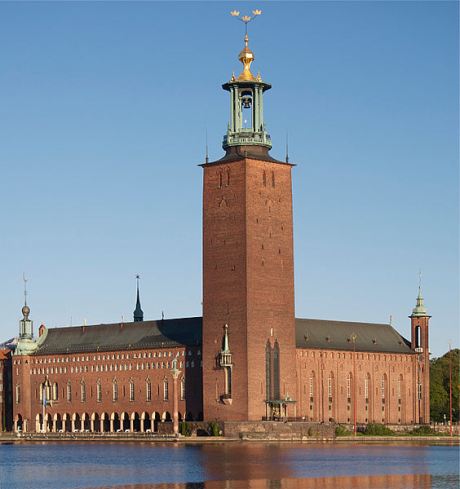 A recent bulletin from a major Swiss Bank argues that the price of gold has never been higher, that its price has peaked, that the run up was driven by fear, that fear is now waning and it is time to sell gold.
A recent bulletin from a major Swiss Bank argues that the price of gold has never been higher, that its price has peaked, that the run up was driven by fear, that fear is now waning and it is time to sell gold.
The problem with comparing the price of gold in dollar terms today and its price in the past is that it ignores dollar inflation. The price of gold today is around $1,600 per ounce. It peaked in dollar terms roughly a year ago at just under $2,000 per ounce. Prior to the recent run up, the peak price of gold at year end occurred in 1980 at $612 per ounce. So, let’s look at the price of gold today, taking into account dollar inflation since 1980.
First let’s look at the government’s own Consumer Price Index. In December 1980 the CPI stood at 86.3. In January 2013 it was 230.3. (This is hardly believable; i.e., that prices have gone up only 2.7 times since 1980.) Nevertheless, adjusting for the CPI increase since 1980, the price of gold today should be $1,633…about where it is right now.
But now let’s look at inflation of the money supply. In 1980 M1 was $.420 trillion and M2 was $1.605 trillion. As of January 2013, M1 is $2.470 trillion and M2 is $10.445 trillion. So, taking into account the great inflation in M1 and M2, the price of gold should be either $3,600 per ounce (M1 equivalence) or $3,983 per ounce (M2 equivalence) for the price of gold, IN DOLLAR TERMS, to match its price at year end 1980.
Another way to look at the relationship between the dollar price of gold and dollar inflation is to calculate gold’s dollar coverage price; i.e., for the Fed, which owns 262 million ounces of gold, to back the dollar in gold and make it truly redeemable, it would be forced to set the price at either $9,427 per ounce (M1) or $39,866 per ounce (M2). In other words, at any lower price the Fed would not be able to redeem all of its dollars.
One last thing. In 1980, Paul Volcker was clamping down on the US money supply and would drive interest rates to over 20%. Ronald Reagan continued the Carter deregulation policies, and he reduced taxes and slowed government spending. The forces that drove the price of gold to $612 in 1980 were arrested by the policies of Paul Volcker, Ronald Reagan, and, to some extent, by Jimmy Carter. But today government is pursuing the opposite of all four of these beneficial policies. It is pursuing the same policies that drove the price of gold to its previous peak in 1980, but there are no politically powerful voices advising monetary restraint.
So, which is overvalued today–gold or the dollar? Patrick Barron












